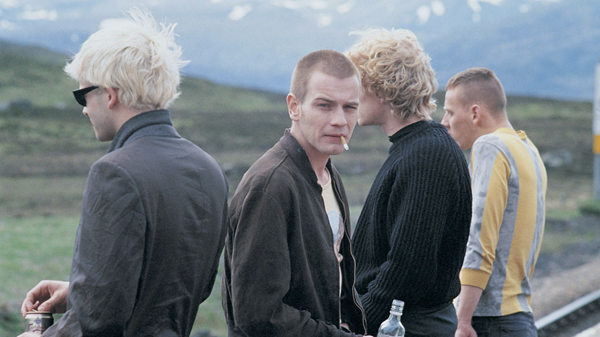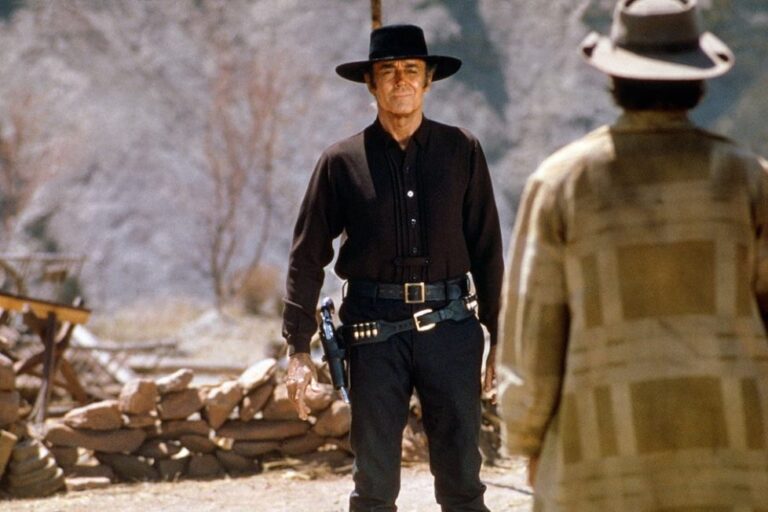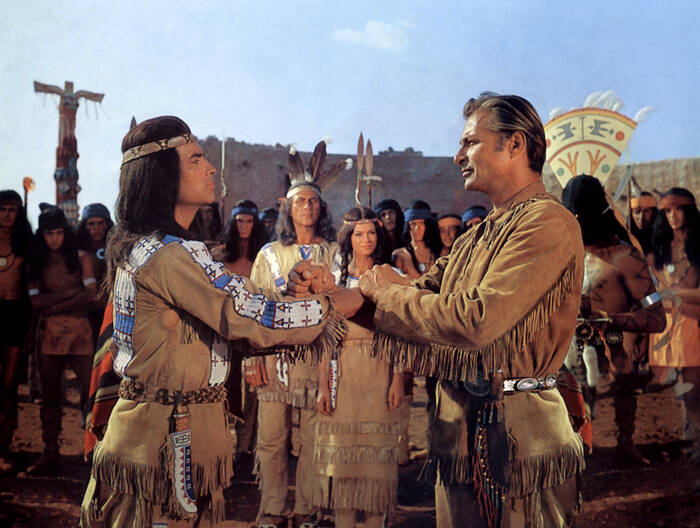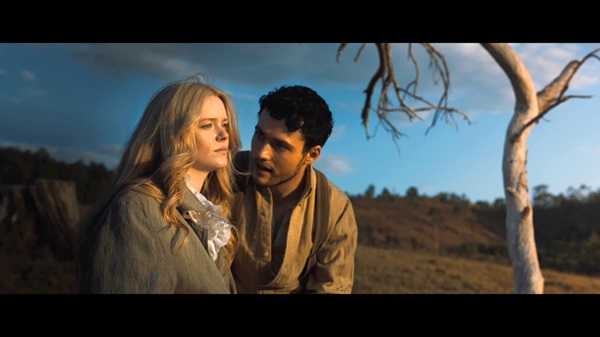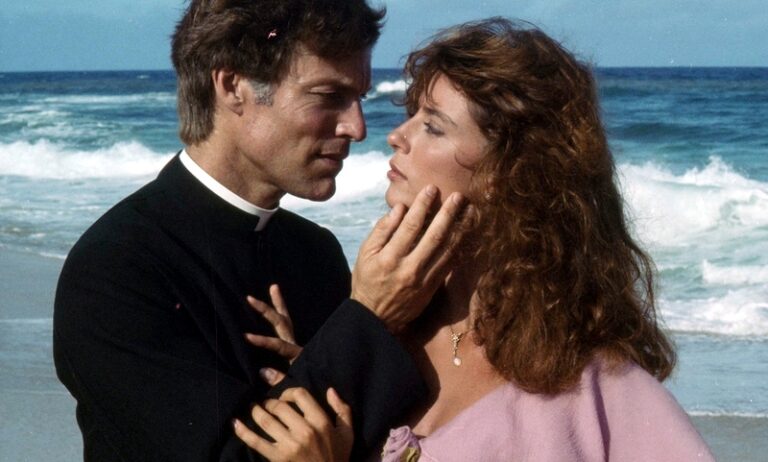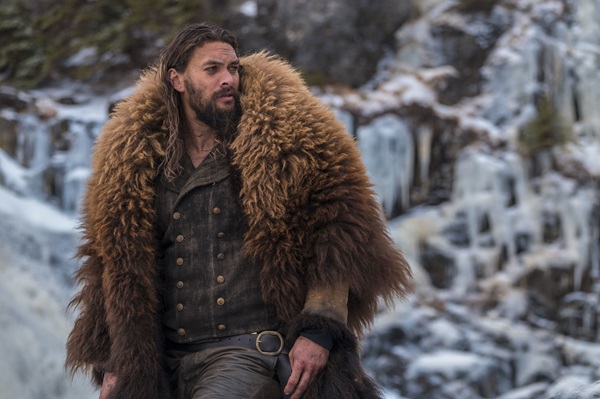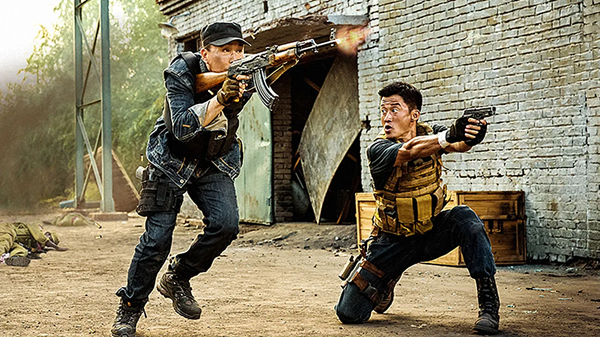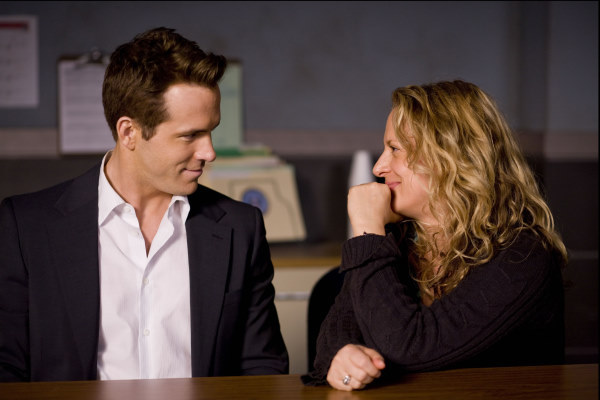Trainspotting (1996) is a raw, electrifying, and darkly comedic film directed by Danny Boyle, based on the novel by Irvine Welsh. Set in Edinburgh, Scotland, it dives headfirst into the chaotic lives of a group of heroin addicts as they navigate addiction, friendship, and the gritty reality of their environment.
The film became an instant cult classic for its unflinching portrayal of drug culture, its stylish direction, and its iconic soundtrack.
At the center of the story is Mark Renton (played brilliantly by Ewan McGregor), a clever yet deeply troubled young man who’s torn between the all-consuming grip of heroin addiction and a desperate desire to escape it. Renton is joined by a memorable cast of friends and misfits:
Sick Boy (Jonny Lee Miller) – charming, cynical, and obsessed with Sean Connery.
Spud (Ewen Bremner) – sweet and naive, but hopelessly lost in his addiction.
Begbie (Robert Carlyle) – a violent, unpredictable wildcard who doesn’t use heroin but causes chaos wherever he goes.
Tommy (Kevin McKidd) – a clean-cut guy who eventually spirals after being dragged into the drug scene.
The film is as much about addiction as it is about existential aimlessness. Through Renton’s iconic monologues — especially the legendary “Choose Life” speech — Trainspotting critiques consumer culture, societal expectations, and the pursuit of empty pleasures.
Boyle’s direction is fast-paced and inventive, filled with surreal imagery and unforgettable moments — from Renton diving into “the worst toilet in Scotland” to the haunting scene of withdrawal hallucinations involving a crawling baby. The visual style, editing, and use of music (including tracks by Iggy Pop, Underworld, and Lou Reed) give the film a pulsing, anarchic energy that perfectly mirrors its characters’ fractured lives.
Despite the bleakness of its themes, Trainspotting finds moments of dark humor, vulnerability, and even hope. It’s not just a film about drugs — it’s about the craving for something more, the toxic pull of self-destruction, and the pain of leaving people behind.
The film’s legacy endures not just because of its style, but because of its honesty. It doesn’t glamorize drug use, nor does it deliver a clean moral lecture. It just shows life — messy, tragic, funny, and real.
There was also a follow-up: T2 Trainspotting (2017), which reunites the original cast two decades later and explores how time, regret, and memory reshape these characters’ lives.
